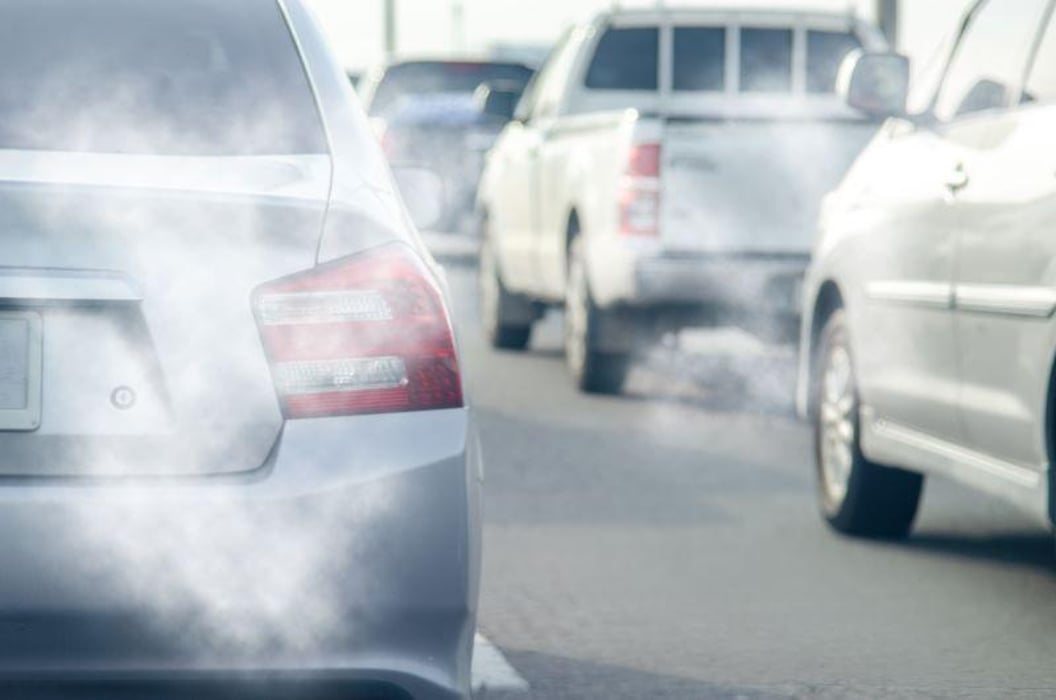Long-Term PM₂.₅ Exposure Linked to Increased Risk for Cardiovascular Events

MONDAY, March 13, 2023 (HealthDay News) -- Long-term exposure to fine particulate matter (PM2.5) is associated with an increased risk for cardiovascular events, according to a study published online Feb. 24 in JAMA Network Open.
Stacey E. Alexeeff, Ph.D., from the Kaiser Permanente Division of Research in Oakland, California, and colleagues examined the associations between long-term PM2.5 air pollution and cardiovascular events in a retrospective cohort study involving adults in the Kaiser Permanente Northern California integrated health care system during 2007 to 2016 and followed for up to 10 years.
The study cohort included 3.7 million adults. The researchers found that a 10-μg/m3 increase in one-year mean PM2.5 was associated with a 12, 21, and 8 percent increased risk for incident acute myocardial infarction (AMI), ischemic heart disease (IHD) mortality, and cardiovascular disease mortality, respectively. Compared with low concentrations (<8 μg/m3), exposure to PM2.5 at moderate concentrations (10.0 to 11.9 μg/m3) was associated with increased risks for incident AMI and IHD mortality (6 and 7 percent, respectively).
"We also found associations at moderate versus low concentrations of PM2.5, adding to the evidence that the current regulatory standard of 12 μg/m3 is not sufficiently protective of health," the authors write.
Related Posts
Mejillas más delgadas, muchas modificaciones: los cirujanos plásticos de EE. UU. cuentan las tendencias
MIÉRCOLES, 15 de febrero de 2023 (HealthDay News) -- Desde esculpir rostros...
Is Your State Among the Worst for Tobacco Control?
WEDNESDAY, Jan. 25, 2023 (HealthDay News) -- When it comes to tobacco control,...
Heart, Diabetes, Cancer Drugs on List for Medicare Price Negotiations, White House Says
TUESDAY, Aug. 29, 2023 (HealthDay News) -- The Biden administration on Tuesday...
As Cigarette Taxes Rise, Infant Deaths Decline
THURSDAY, March 17, 2022 (HealthDay News) -- Could cigarette taxes help lower...
